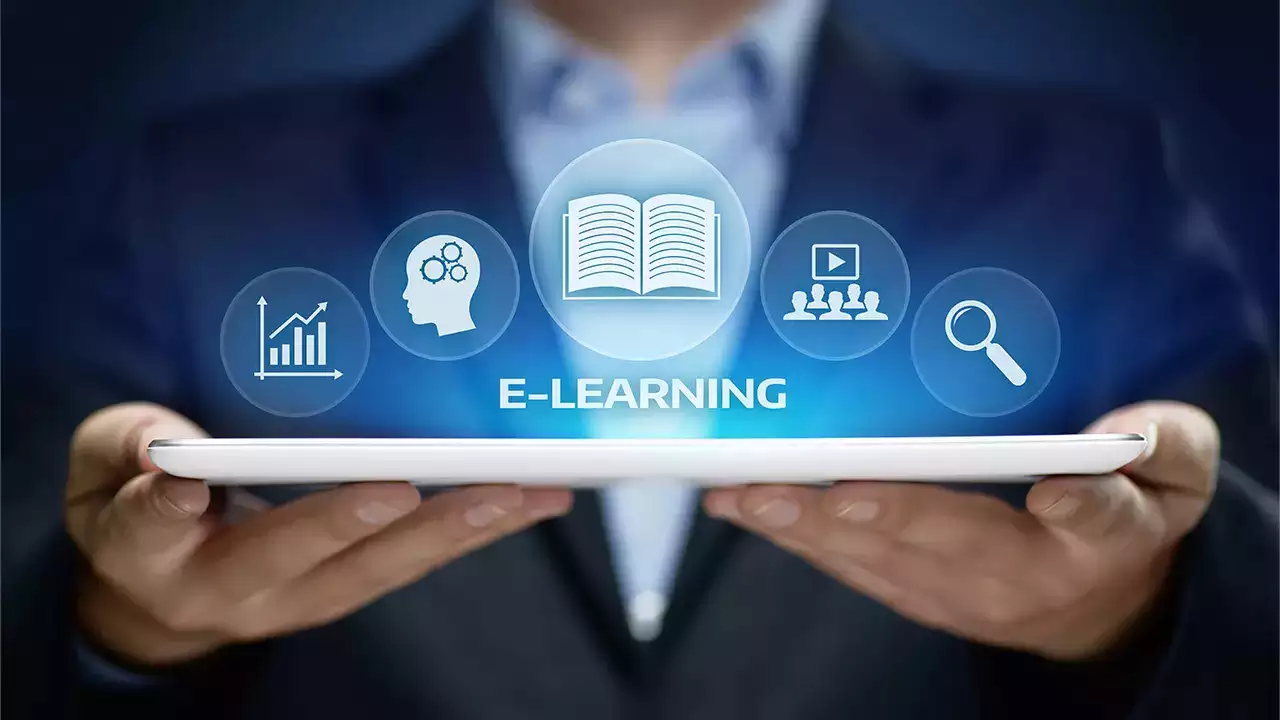Top Benefits Of E-Learning Education For Students And Professionals
E-Learning Education has revolutionized the education landscape by offering a flexible, accessible, and cost-effective alternative to traditional learning. Whether you are a student seeking academic advancement or a professional aiming to enhance your skills, e-learning provides a platform to achieve your goals. As technology continues to evolve, the demand for e-learning has increased significantly, making it an essential tool for modern education. This article explores the top benefits of e-learning for students and professionals.
1. Flexibility and Convenience

- E-learning allows learners to access course materials anytime, anywhere.
- Students and professionals can balance their learning with work, family, and other commitments.
- Asynchronous learning options enable individuals to learn at their own pace.
2. Cost-Effectiveness
- E-learning eliminates expenses associated with commuting, accommodation, and printed materials.
- Many online platforms offer free or affordable courses, reducing financial barriers.
- Subscription-based models provide access to a wide range of courses at a fraction of traditional education costs.
3. Wide Range of Course Options
- E-learning platforms offer courses across diverse disciplines, from technology to humanities.
- Specialized certifications and skill-based training programs are available.
- Learners can explore various interests and tailor their education to their career goals.
4. Self-Paced Learning
- Students and professionals can progress through the course material at their preferred speed.
- Learners can revisit concepts, pause, and review materials to ensure mastery.
- This approach accommodates different learning styles and enhances retention.
5. Access to Expert Knowledge

- E-learning provides access to industry experts, renowned professors, and global thought leaders.
- Learners can benefit from the expertise of professionals regardless of geographic location.
- Webinars, recorded lectures, and interactive sessions enhance knowledge acquisition.
6. Improved Time Management Skills
- E-learning encourages learners to develop self-discipline and manage their time effectively.
- Balancing coursework with other responsibilities enhances time management abilities.
- Learners gain valuable skills applicable to both academic and professional settings.
7. Customization and Personalization
- E-learning platforms often use adaptive learning technologies to tailor content to individual needs.
- Learners receive personalized feedback and recommendations to optimize their learning journey.
- Customizable learning paths allow individuals to focus on areas requiring improvement.
8. Interactive and Engaging Learning Environment
- Modern e-learning platforms incorporate multimedia elements such as videos, simulations, and quizzes.
- Interactive content enhances learner engagement and promotes active participation.
- Gamification techniques, such as badges and rewards, motivate learners to stay committed.
9. Increased Retention and Better Understanding
- Visual and interactive elements in e-learning promote better comprehension and retention.
- Learners can revisit course materials multiple times, reinforcing their understanding.
- Bite-sized content and modular learning structures aid in long-term knowledge retention.
10. Scalability and Accessibility
- E-learning platforms can accommodate a large number of learners simultaneously.
- Learners from diverse backgrounds and regions can access quality education.
- Content can be easily updated and distributed, ensuring continuous improvement.
11. Global Networking Opportunities
- E-learning connects learners with peers and instructors worldwide.
- Online discussion forums and collaborative projects encourage knowledge sharing.
- Building a global network enhances career prospects and cultural understanding.
12. Skill Development for Career Advancement
- Professionals can acquire new skills and certifications to stay competitive in their fields.
- E-learning offers courses in emerging industries, helping individuals stay ahead of market trends.
- Skill-based learning supports career growth and job security.
13. Environmental Sustainability

- E-learning reduces the carbon footprint by minimizing the need for physical resources.
- Digital learning materials eliminate the need for paper, contributing to environmental conservation.
- Remote learning reduces travel-related emissions and energy consumption.
14. Continuous Learning and Professional Growth
- E-learning fosters a culture of lifelong learning and self-improvement.
- Professionals can stay updated with industry developments and evolving technologies.
- Continuous learning enhances adaptability and prepares individuals for future challenges.
15. Easy Performance Tracking and Assessment
- E-learning platforms provide data-driven insights into learner progress.
- Automated assessments, quizzes, and feedback enable accurate performance evaluation.
- Learners can track their growth and identify areas for improvement.
Also Read : Why Higher Education Is Essential For Personal And Professional Growth
Conclusion
E-learning has become a game-changer in modern education, offering unmatched flexibility, affordability, and accessibility. For students, it provides an opportunity to pursue academic excellence at their own pace, while professionals can stay competitive by upgrading their skills. As technology continues to advance, the scope of e-learning will only expand, making it an indispensable tool for personal and professional growth. Embracing e-learning can empower individuals to succeed in an ever-evolving world.
FAQs
Q1: How does E-Learning Education benefit professionals?
A: E-learning helps professionals acquire new skills, stay competitive, and advance their careers.
Q2: Is e-learning more effective than traditional learning?
A: E-learning offers flexibility, personalization, and interactive content that enhances learning outcomes.
Q3: Can e-learning be pursued alongside a full-time job?
A: Yes, e-learning allows professionals to balance work and study through self-paced learning.
Q4: Are there free e-learning resources available?
A: Yes, many platforms offer free courses and certifications, while others provide affordable subscription models.
Q5: How can e-learning help with career advancement?
A: E-learning equips professionals with relevant skills and certifications, enhancing job prospects and career growth.
